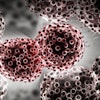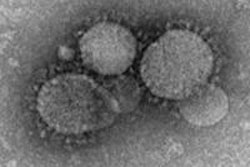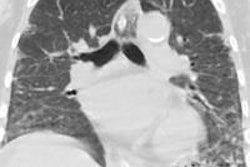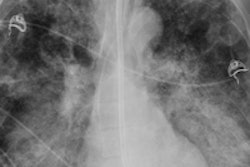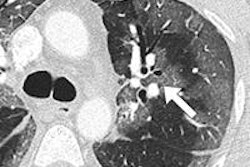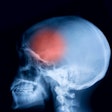The effective detection of the Middle East respiratory syndrome (MERS) virus will not become a reality for several years, according to research and consulting firm GlobalData.
Flawed equipment, a lack of technology for detecting viral particles in breath, and the narrow window of viral shedding are the most significant obstacles to successful airport scanning for the virus, said GlobalData analyst Andrew Thompson, PhD.
"The ineffectiveness of infrared thermal imaging for detecting infected passengers at airports has been well-documented," Thompson said in a statement. "While scanners have been reasonably successful at identifying feverish symptoms, they perform poorly in attempts to specifically identify passengers with influenza. It has also been reported that the use of common medications, such as aspirin, can reduce a patient's fever and allow them to evade the scanner."
In the future, silicon nanowires -- which can identify a protein or DNA biomarker electronically -- could be used to detect the virus, rather than optical means, Thompson said.



